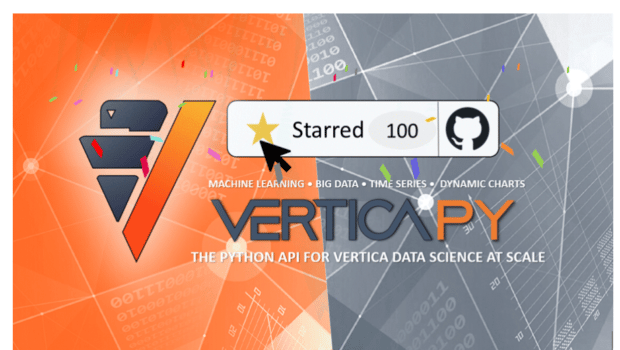
As data continues to become of one the most valuable intangible assets on the balance sheet, monetizing that data is a topic in every board room. There are many ways to monetize data, including data brokering – a well-known concept in most industries: organizations sell customer data to others, primarily for advertising, email marketing, cross-selling, and other promotional opportunities.
Enterprise Data Sharing or Industry Data Sharing – Which Would You Choose?
Data brokering is gaining a lot of traction and has legitimate value. Some analytics providers refer to data brokering as data sharing, which can be confusing. One of the most important elements of understanding data sharing is understanding the difference between enterprise data sharing and industry data sharing. Enterprise data sharing focuses on collaborating across different business entities within an organization to ensure accurate and consistent analytics. Industry data sharing is a new term for data brokering.
Managed service providers built on multi-tenant architectures have become a popular choice for industry data sharing between enterprises. In many ways, this is a digital version of an auction house, where the auctioneer gets a percentage of the revenue for all transactions. Multi tenancy has its risks, but facilitating data exchange across enterprise borders can be an advantage. However, when the data sharing needed is between business units, use cases, or divisions within a single enterprise, the advantages are even greater, and they don’t carry the risks of exposing company data. Vertica is focused on enterprise data sharing within a company, not data brokering between companies.
Vertica in Eon Mode – a Proven Data Sharing Model without Revenue Sharing
Vertica in Eon Mode is a cloud-native operational architecture that separates compute from storage, enabling workload isolation and resource protection for individual use cases with access to shared data stored in S3 Object Storage or HDFS. This data sharing model lets companies take full advantage of their data across departments and use cases but doesn’t involve sharing revenue with the platform provider. In other words, enterprises who find themselves with business divisions producing conflicting analytics due to siloed and inaccurate data can resolve this by implementing Vertica in Eon Mode without paying extra to share their own data.
The Power and Protection of Subclusters
Enterprise data sharing provides a consistent and accurate foundation for analytics, but business divisions or business use case owners must have confidence that other analytics workloads will not compromise their SLAs. Resource hoarding is a well-known problem for most IT and CDO offices. It’s inefficient but it’s sometimes necessary to protect against competing use cases. To further encourage data sharing across divisions within an enterprise, Vertica in Eon Mode offers a feature called subclusters, which provides workload isolation to ensure dedicated compute resources can be applied and protected for individual use cases that access the shared data.
Subclusters provide all the advantages of shared data with no risk of conflicting compute demands. They can also be used to dedicate nodes to data loading, which dramatically improves the efficiency for all workloads whose analytics rely on continuously updated data. Vertica in Eon Mode solves the siloed data problem, the resource hoarding problem, and the ongoing demand for more data loaded more quickly and efficiently.
Available on All Major Clouds and Beyond
Vertica in Eon Mode is available on AWS, GCP, and is in active beta on Azure. In addition, this cloud-native architecture is also available for on-premises data centers utilizing Pure Storage FlashBlade technology, Dell EMC ECS, MinIO, and Scality Ring. So, enterprise data sharing Is not limited to the public clouds, as many might believe.
Data brokering between enterprises is a valid marketplace activity for specific needs and can often justify the incremental cost charged by the underlying platform provider. But for Vertica, our focus is on unified analytics for every enterprise spanning all business units and use cases by enabling enterprise data sharing that ensures security and consistency without auction house fees.






